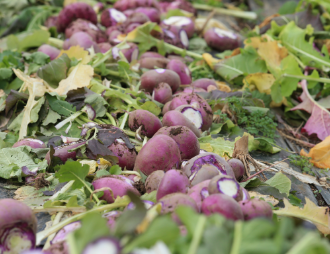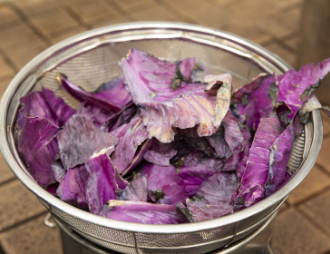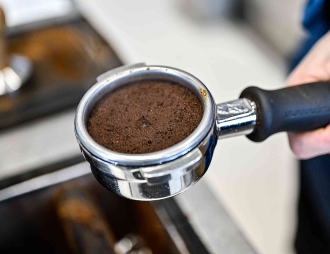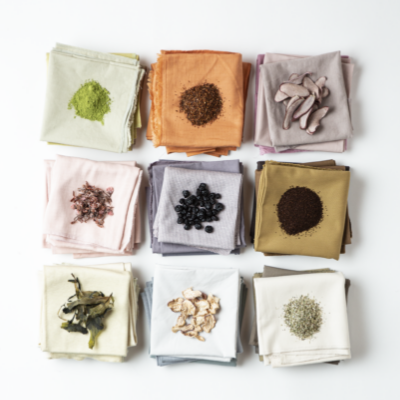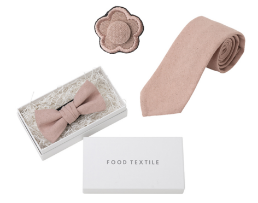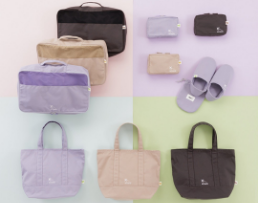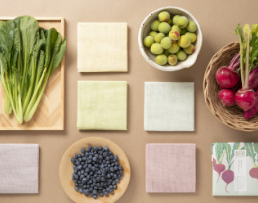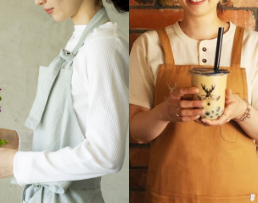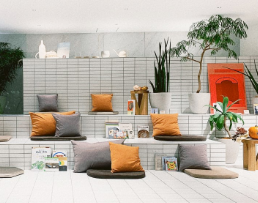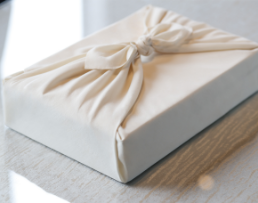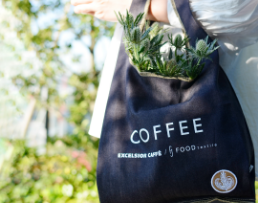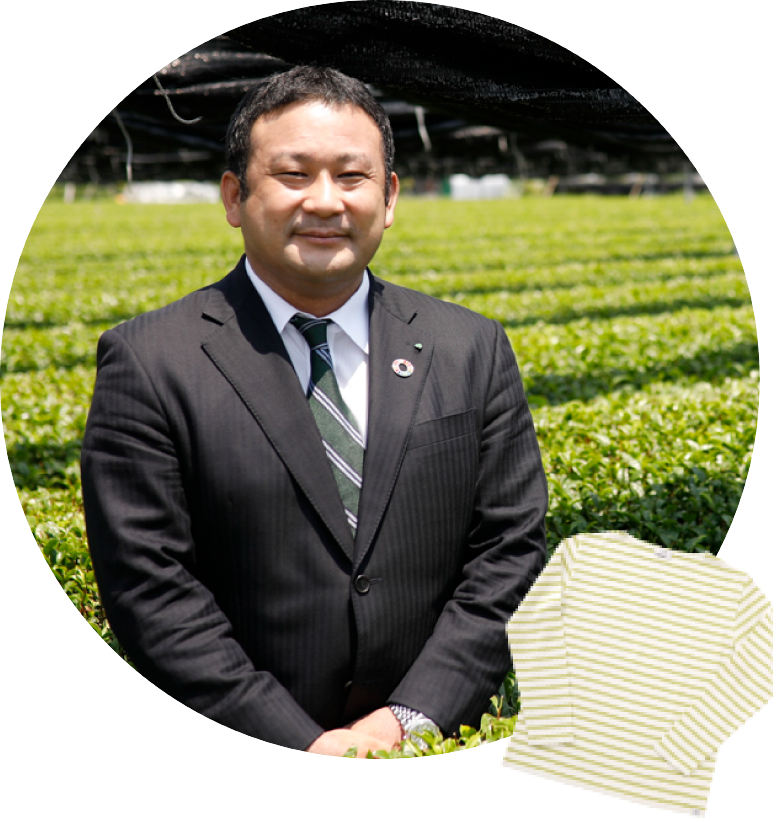
Nanzan-en Tea Corporation
Senior Managing Director
Mr.Shinsuke Tomita
-A matcha manufacturer that operates its own tea plantation, handling everything from tea cultivation to product manufacturing. They provide matcha powder with coarse particles that fall outside standard specifications. Through collaborations with different industries, they are discovering new possibilities for matcha.
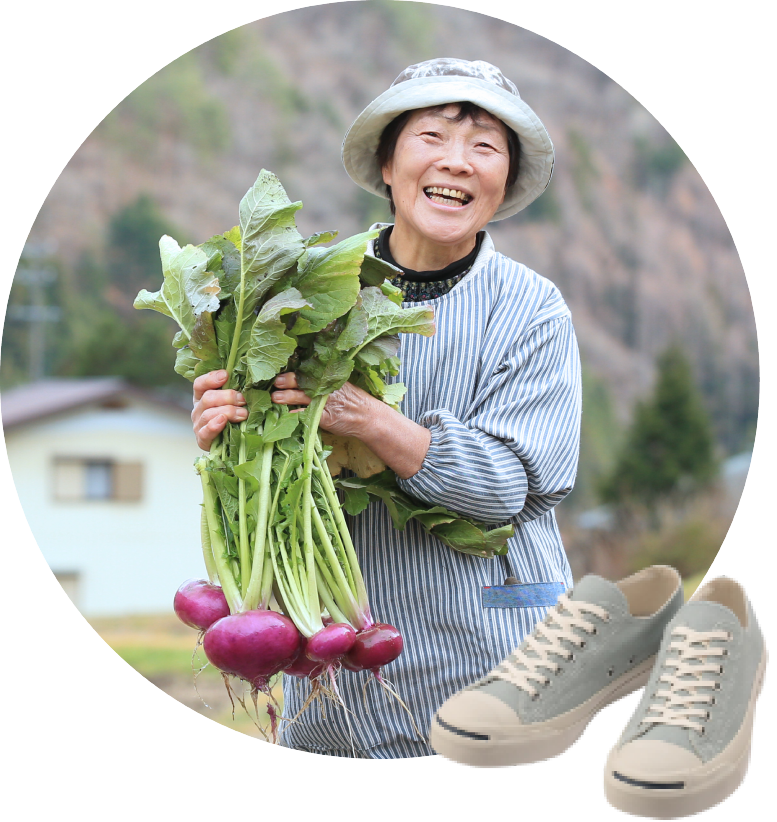
Mujin-ichi Representative
Red Turnip Farmer
Ms. Hiroko Noguchi
-The traditional pickled vegetable "Sunkizuke" is made using the leaves of red turnips from the Kiso region in Nagano Prefecture. However, while the "leaves" are used for production, the "roots" are sometimes discarded. Through this initiative, we are able to "use everything to the very end," which makes us very happy.
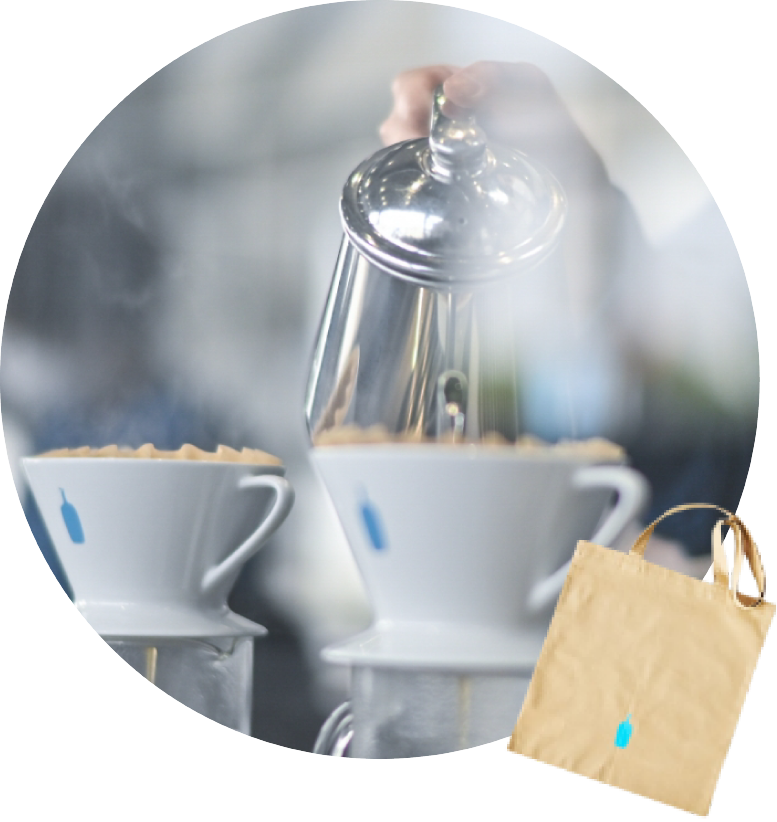
Blue Bottle Coffee Japan
Brand and Product Director
Ms. Makiko Busato
- Blue Bottle Coffee takes pride in being responsible for every step, from coffee beans to serving customers. Creating tote bags from coffee grounds and giving them a new life is a way to show respect to the farmers.




